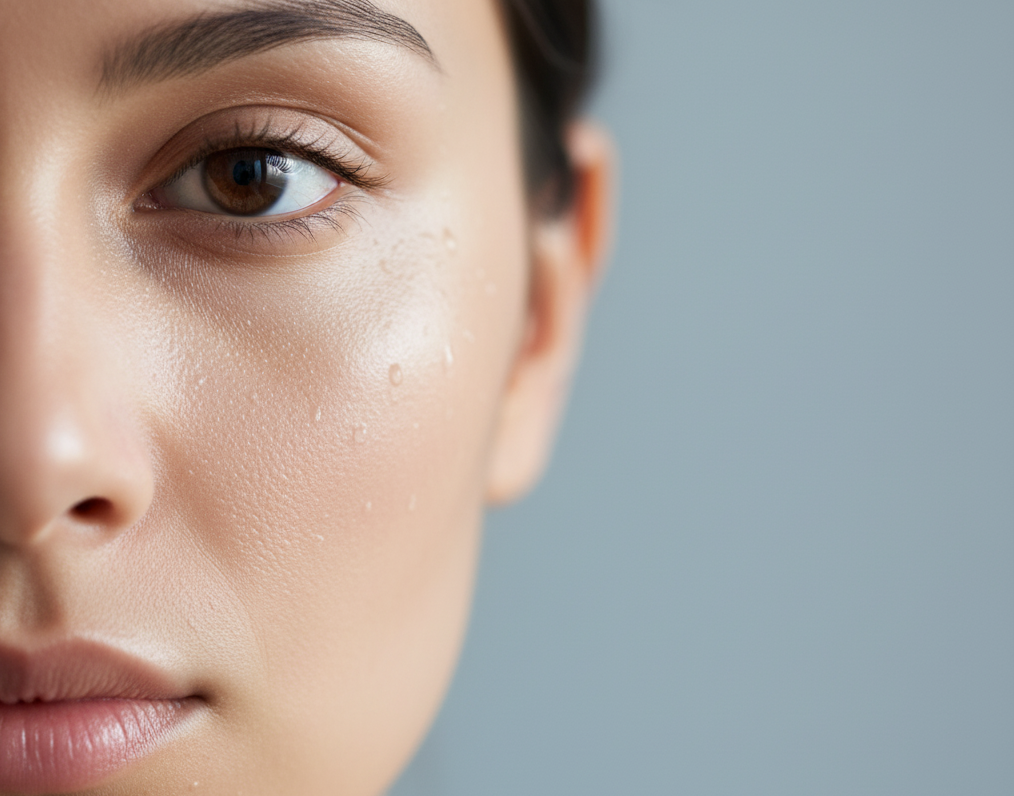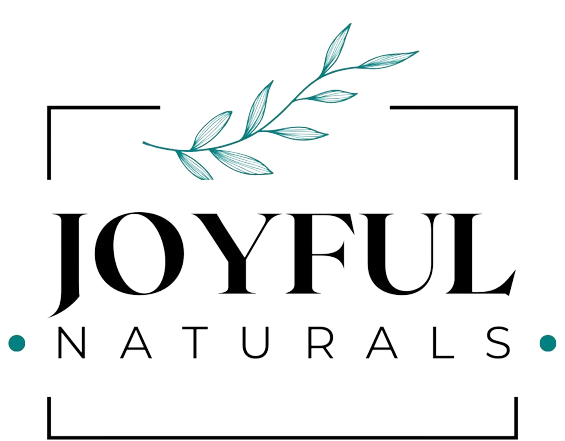
Are You Over-Washing Your Face? The Gentle Cleansing Method for a Healthy Skin Barrier
If your skin feels tight, dry, or irritated after washing, you might be over-cleansing. Discover the signs of a compromised skin barrier and learn the gentle cleansing method for a calm, healthy, and radiant complexion.
There's a common misconception that "squeaky clean" skin is healthy skin. Many of us grew up believing that the tighter and drier our face felt after washing, the cleaner it must be. However, that tight, stripped feeling is actually a major red flag—it’s your skin's way of telling you it's in distress.
If you regularly experience dryness, redness, irritation, or even unexpected breakouts after cleansing, you might be over-washing your face or using a cleanser that's too harsh for your skin. This common mistake can compromise your skin's natural protective barrier, leading to a cascade of problems rather than the healthy, radiant complexion you're aiming for.
But don't worry, the solution isn't to stop cleansing altogether! It's about adopting a gentle cleansing method that respects your skin's delicate balance. This guide will help you identify the signs of a compromised skin barrier and show you how to wash your face effectively without stripping it of its vital moisture and protective oils.
Understanding Your Skin's Barrier (And Why It's So Important)
Imagine your skin's outermost layer as a brick wall. The "bricks" are your skin cells (corneocytes), and the "mortar" is a mix of lipids (fats like ceramides, cholesterol, and fatty acids). This incredible structure, known as your skin barrier, is your first line of defense against the outside world.
What Your Skin Barrier Does:
- Keeps Good Stuff In: It prevents essential moisture from escaping (transepidermal water loss or TEWL), keeping your skin hydrated and plump.
- Keeps Bad Stuff Out: It protects against environmental aggressors like pollutants, bacteria, irritants, and allergens.
When this barrier is intact and healthy, your skin looks and feels calm, smooth, and resilient.
The Dangers of Over-Washing & Harsh Cleansers
Traditional cleansers, especially those with harsh sulfates (like Sodium Lauryl Sulfate or Sodium Laureth Sulfate) and high pH levels, are designed to aggressively strip away oil. While this might feel effective in the short term, it indiscriminately removes your skin's natural protective lipids along with the impurities.
Signs of a Compromised Skin Barrier (and Over-Washing):
- Tightness & Dryness: Your skin feels "stretched" or uncomfortably dry immediately after washing.
- Redness & Irritation: Areas of your face appear flushed or feel itchy, stinging, or sensitive.
- Flakiness & Peeling: Visible dry patches, especially around the nose and mouth.
- Increased Sensitivity: Products that never bothered you suddenly cause irritation.
- Unexpected Breakouts: Paradoxically, stripping your skin can trigger increased oil production as your body tries to compensate, leading to more breakouts.
- Dull or Congested Skin: A damaged barrier can impair natural exfoliation, leading to a build-up of dead skin cells.
If any of these sound familiar, it’s a clear sign to rethink your cleansing routine.

The Gentle Cleansing Method: Wash Without Stripping
The goal of cleansing should be to remove impurities without damaging your skin barrier. This is the essence of the gentle cleansing method.
1. Choose the Right Cleanser:
- Sulfate-Free: Opt for cleansers without harsh sulfates.
- Low pH: Look for cleansers with a pH between 5.0 and 6.0, which is close to your skin's natural pH.
- Hydrating Ingredients: Cleansers with ingredients like aloe vera, glycerin, and rose water can clean effectively while also providing a dose of hydration.
- Your Solution: The Glow Cleanse | Gentle Natural Face Cleanser is specifically formulated with Aloe Barbadensis Leaf Juice and Rosa Damascena Flower Water to purify and soothe without stripping your skin.
2. Use Lukewarm Water:
Hot water can strip natural oils, while ice-cold water isn't as effective at dissolving impurities. Lukewarm water is the perfect temperature to cleanse effectively and comfortably.
3. Be Gentle, Not Aggressive:
You don't need to scrub! Your fingertips are enough. Gently massage the cleanser onto your face in circular motions. Avoid harsh brushes or rough cloths, especially if your skin is irritated.
4. Don't Over-Cleanse (Frequency Matters):
Most dermatologists recommend cleansing your face twice a day, morning and night. However, if your skin is extremely dry or sensitive, a gentle rinse with water in the morning and a full cleanse at night might be sufficient. Listen to your skin!
5. Rinse Thoroughly & Pat Dry:
Ensure all cleanser residue is removed, as any left behind can cause irritation. Gently pat your face dry with a clean, soft towel. Rubbing can cause friction and irritation.
6. Follow Immediately with Hydration:
After cleansing, your skin is most receptive to products. Apply your toner, serum, and moisturizer (and face oil!) within minutes to lock in moisture.

Rebuilding Your Skin Barrier
If your skin barrier is already compromised, don't despair! A consistent gentle cleansing routine is the first crucial step. Beyond that, focus on products rich in:
- Ceramides: Help repair the "mortar" of your skin barrier.
- Fatty Acids: Nourish and strengthen the skin.
- Hyaluronic Acid: Provides intense hydration.
- Glycerin: A powerful humectant that draws moisture into the skin.
The Path to a Calm & Radiant Complexion
Shifting to a gentle cleansing method is one of the most impactful changes you can make for your skin health. It moves away from the aggressive "squeaky clean" mentality towards a respectful, nourishing approach that supports your skin's natural protective functions.
By choosing the right products and being mindful of your technique, you can soothe irritation, restore your skin's barrier, and pave the way for a genuinely healthy, calm, and radiant complexion that glows from within.






